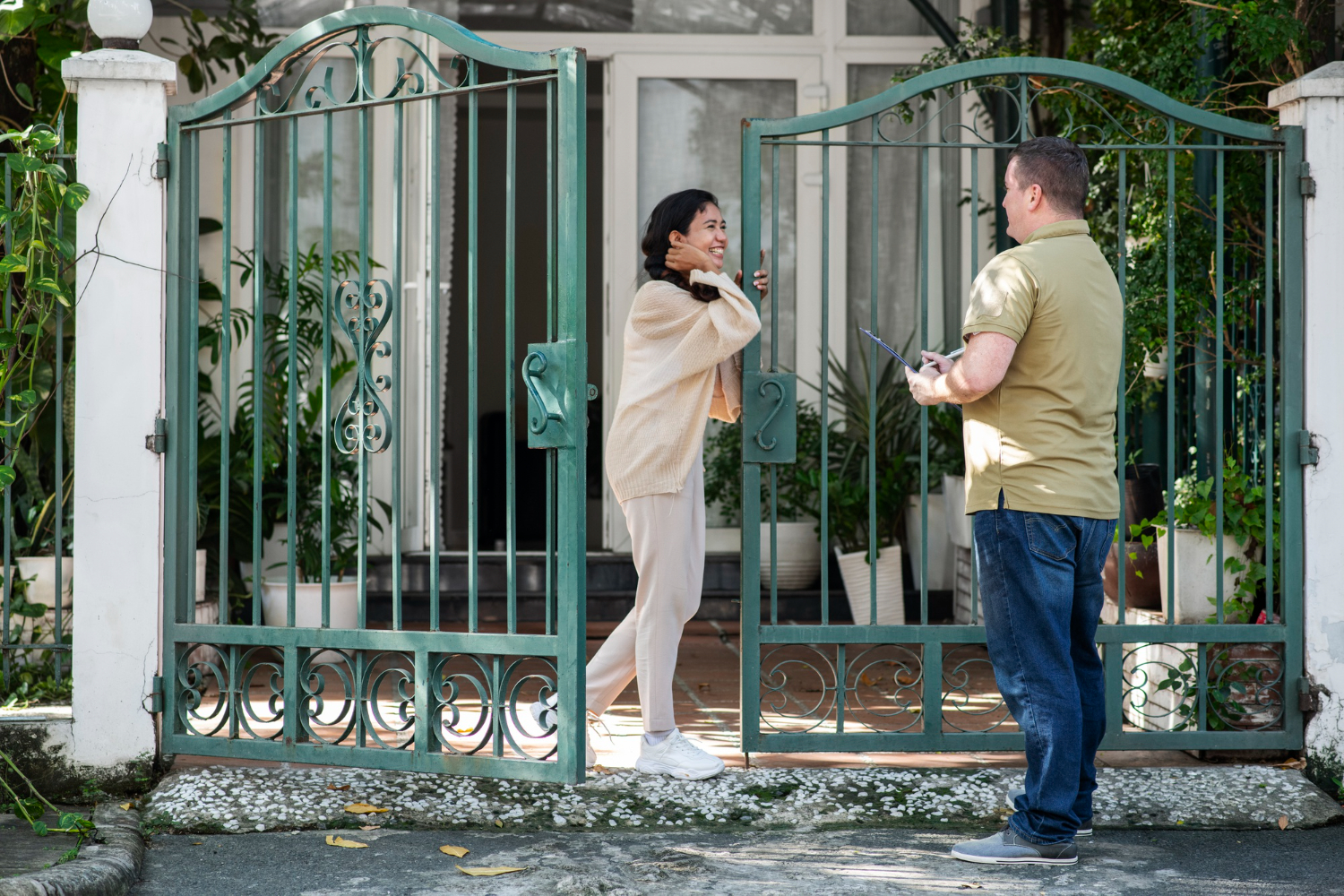Every household runs on unspoken laws, but some homes commit those laws to habit with near-theatrical precision. What looks bizarre at first usually solves a local problem: thin walls, old pipes, shared spaces, or a deeply held belief. These rules teach rhythm, set boundaries, and keep peace among strangers living inches apart. Step inside and the logic appears in minutes, not months. Culture writes the script; families keep the beat, from slippers at the threshold to calendars by the curb.
Germany: Quiet Hours Rule the Building
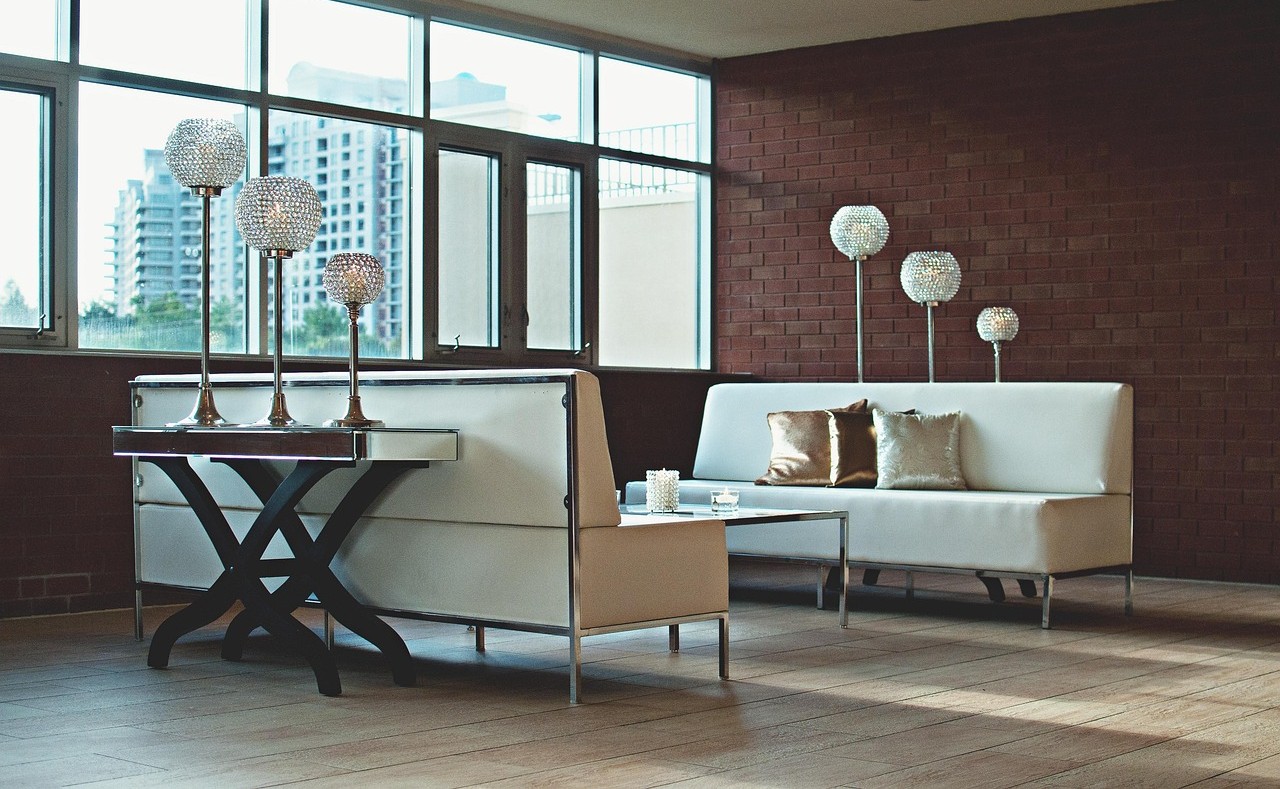
In many German apartment houses, quiet hours are posted like train timetables, and residents actually live by them. From 10 p.m. until morning, and often the whole of Sunday, loud music, vacuuming, drilling, or laundry are off-limits to protect thin walls and fragile peace in stairwells. The rule can feel stern, yet the payoff is predictable rest, fewer disputes, and a shared understanding that privacy needs quiet to survive when dozens of lives stack above a single courtyard.
Greece: Toilet Paper Goes in the Bin

Across much of Greece, bathrooms include a small lidded bin and an expectation that toilet paper goes there, not into the bowl. Narrow pipes and hardworking septic tanks struggle through long, hot summers and crowded holidays, so households enforce the rule to prevent backups that can shut a bathroom for days. It reads as odd to newcomers, yet it keeps homes and guesthouses running, spares islands from tanker calls, and saves families real money on repairs.
Japan: Toilet Slippers Stay Put

Many Japanese homes draw borders with footwear that make daily cleaning almost effortless. Outdoor shoes stop at the genkan, indoor slippers take over inside, and dedicated toilet slippers live only in the bathroom to keep any splash or grit from wandering across tatami and futons. Forget once and the household will notice, but follow it for a week and the floors, the air, and the quiet rhythm of the place make immediate sense, turning tidiness into muscle memory.
Sweden: Laundry Rooms Run on Slots
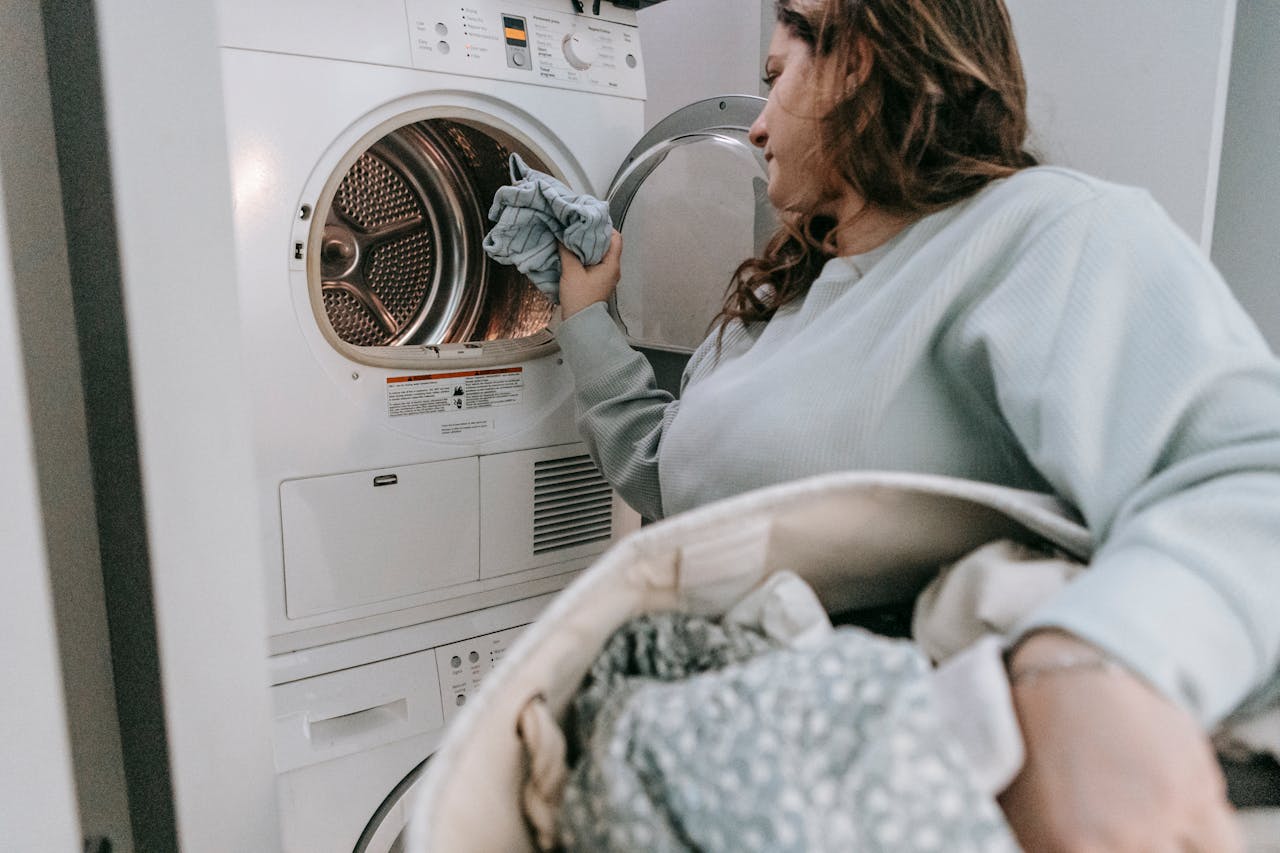
In Swedish apartment blocks, the shared laundry room works because everyone treats it like a small civic contract. Residents reserve time on a board, arrive on the dot, wipe machines, empty lint traps, and mop the floor before handing the room to the next name without a lecture, just a nod. Miss a window and someone else may claim it, yet the routine delivers open machines, lower fees, and neighbors who keep greeting each other in the stairwell like clockwork.
Finland: Weekly Sauna Time Is Assigned
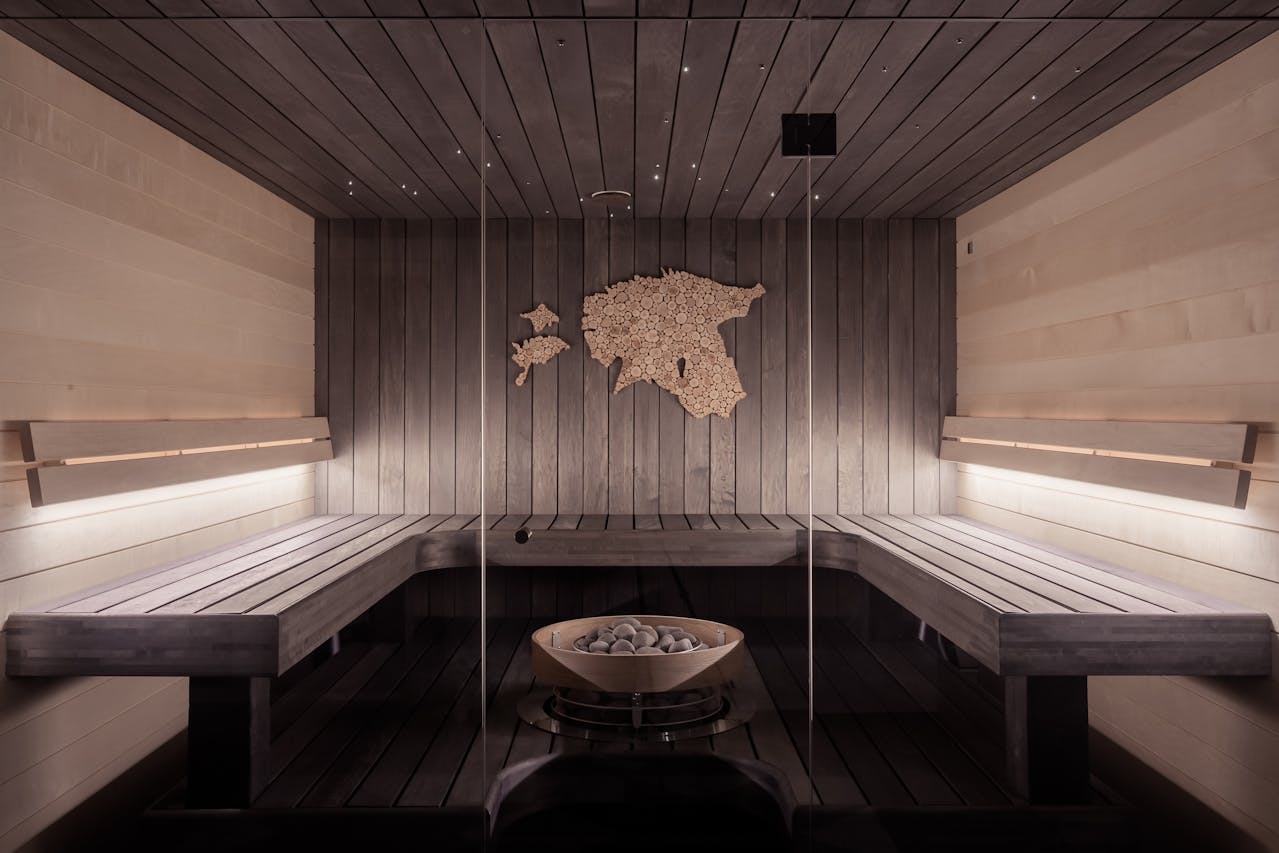
In many Finnish buildings, the basement sauna is scheduled like a cherished meeting, with recurring time slots by apartment posted near the door. Families shuffle down in robes, toss water on the stones, talk quietly, then rinse benches and ladles so the next group walks into calm rather than someone else’s mess. Through snow, slush, and bright midsummer nights, that rhythm anchors community with heat, courtesy, and a reliable pause from the week.
Kosher Homes: Two Kitchens in One
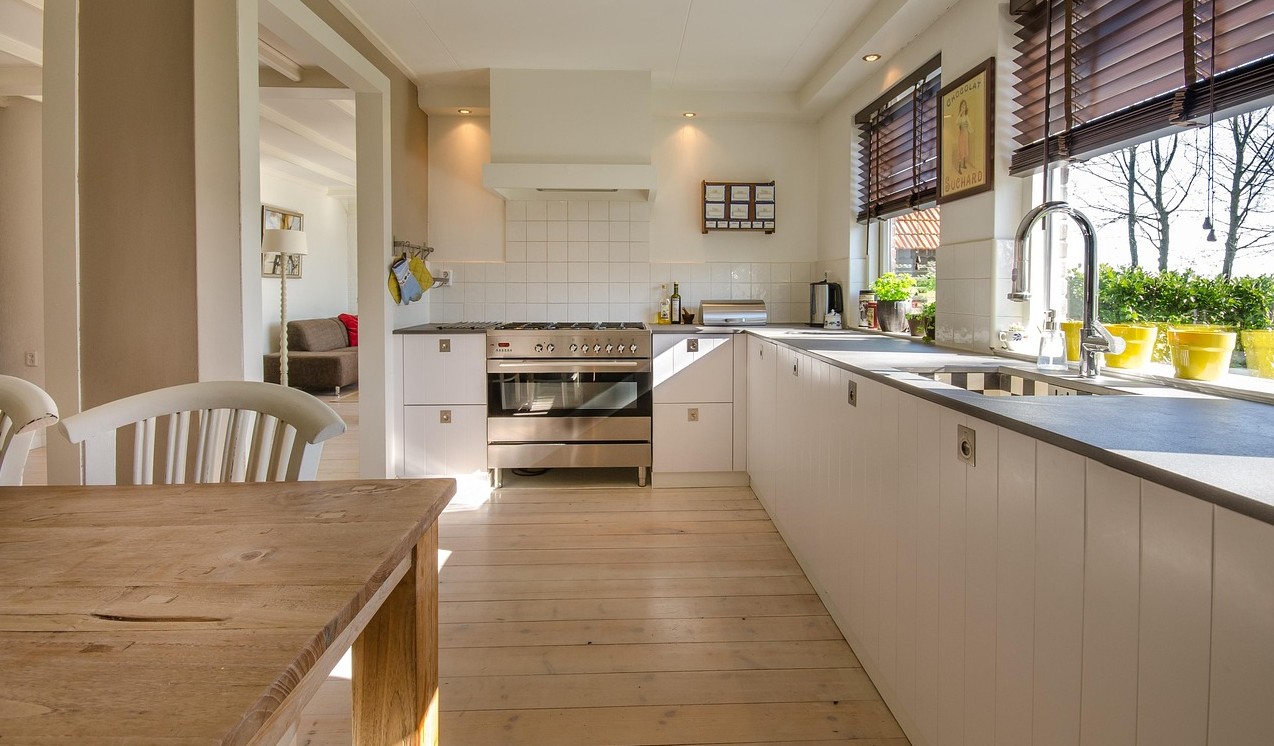
In observant Jewish households, the kitchen splits into parallel worlds so meat and dairy never meet from cutting board to sink. Duplicate pots, pans, dishes, and sponges stay color coded, a neutral zone serves produce and fish, and wait times between categories keep the lines clear even during busy holidays. What seems complex at first becomes choreography, turning law into habit that guides snacks, weekday dinners, and late-night leftovers alike.
Japan: Wash Before Soaking in the Tub
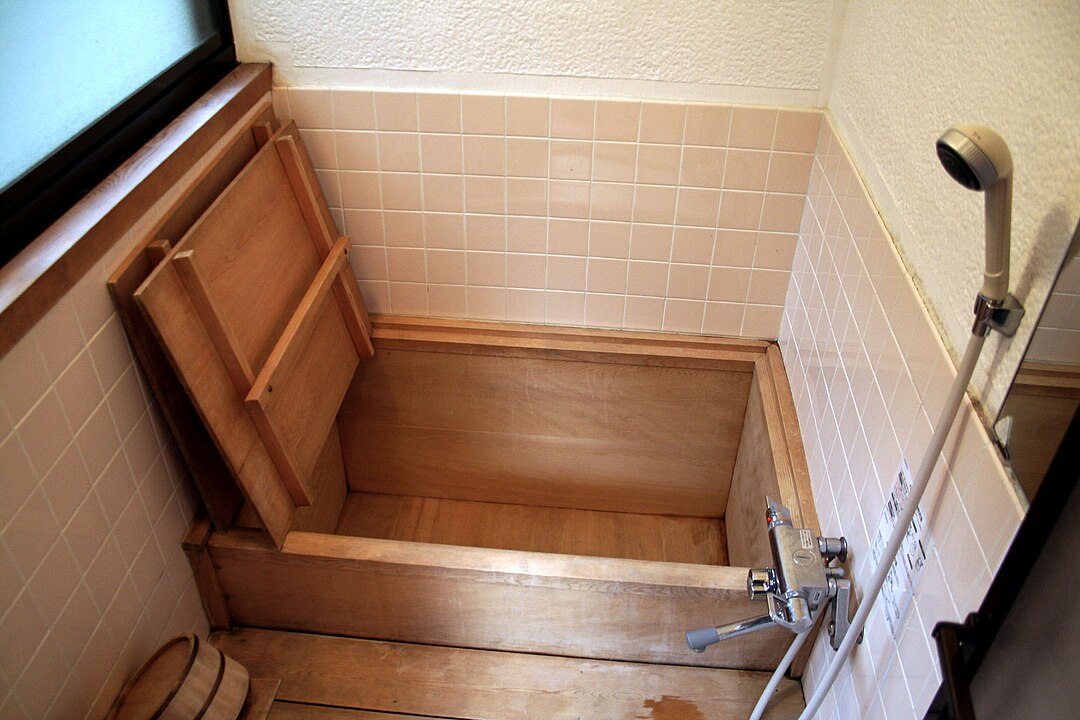
Japanese bathing flips expectations with a clean-first, soak-later routine that preserves the hot water for everyone. People sit on a stool to soap and rinse outside the tub, then slide into clear water to relax, while family members often bathe in sequence to save energy without losing comfort or heat. The result is unhurried and restorative, and a tiny rule supports courtesy, thrift, and calm even in compact apartments where space is tight and storage is minimal.
Muslim Homes: Alcohol Stays Outside

For many Muslim families, alcohol is a firm no at home that shapes shopping lists, recipes, and hospitality without fanfare. Bottles don’t cross the threshold, and dishes skip wine or liqueur even after cooking, which keeps cookware, serving ware, and pantries clearly halal for kids learning the rules and hosting with confidence. The boundary is practical and principled at once, signaling values while clearing space for tea, dessert, and long conversation.
Ghana: Always Use the Right Hand

In Ghana and much of West Africa, everyday manners lean on the right hand for greeting, passing food, and handling money. The left hand carries a cultural charge linked to ideas of cleanliness, so families teach children to switch hands at the bowl, at the doorway, and at the shop counter, even when life is rushing. Slips happen, quick apologies land, and the habit still communicates respect long before anyone trades business cards or shares a meal.
Japan: Trash Calendars Dictate Disposal
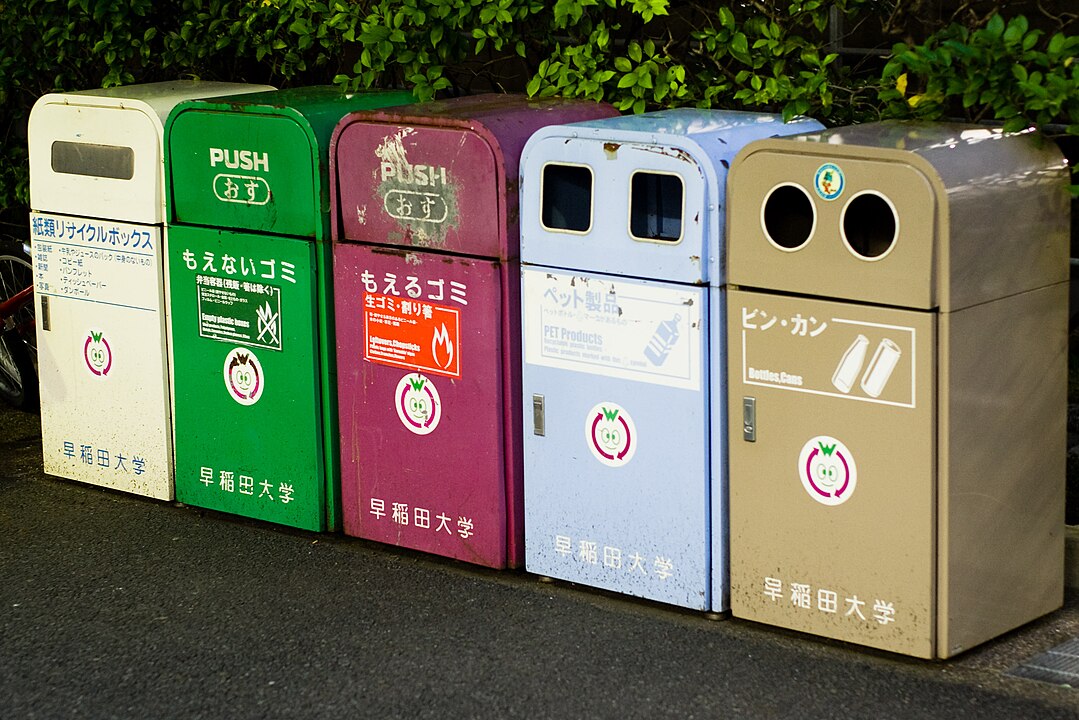
Japanese municipalities publish detailed trash calendars, and households plan mornings around them with almost athletic precision. Burnables, plastics, cans, glass, and paper go out on different days in specific bags, at specific hours, to specific curb spots that neighbors watch as closely as the crew, especially in dense blocks. Mix categories and the bag may be left with a bright sticker, a small sting that keeps streets clean, crows away, and recycling rates high.


